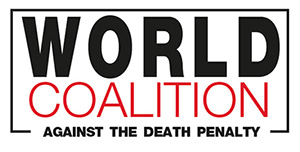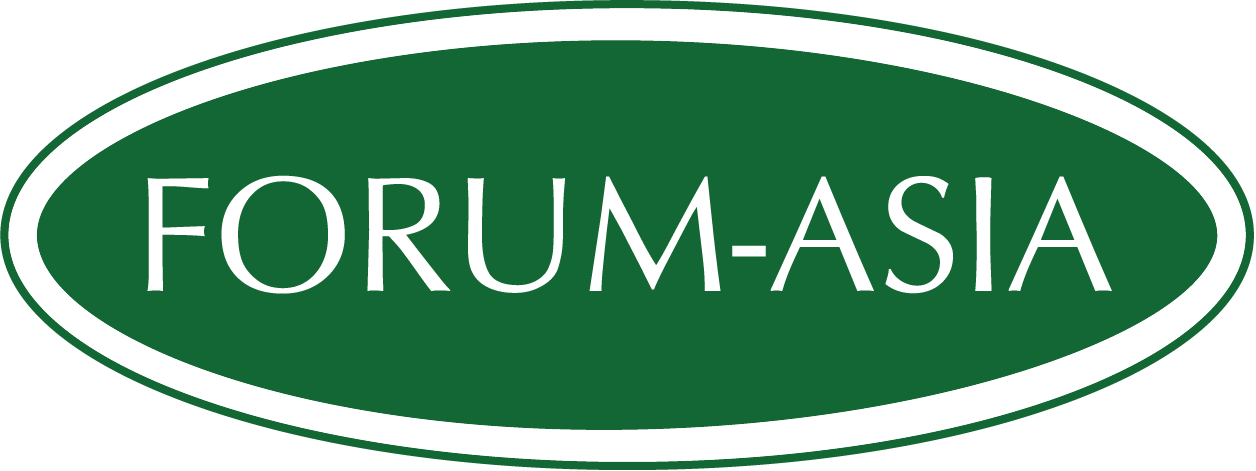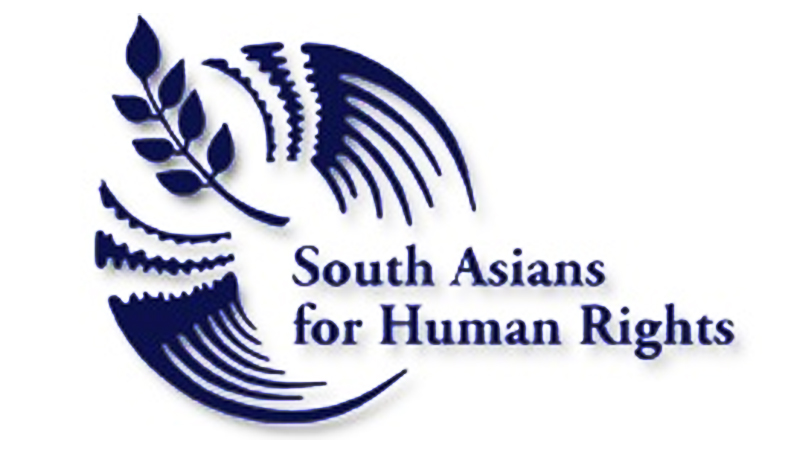HRCP asks if Pakistan can fulfil its commitment to human rights
HRCP asks if Pakistan can fulfil its commitment to human rights
Islamabad, 16 April 2018. 2017 was the year Pakistan was elected to the United Nations Human Rights Council, which is ‘responsible for the promotion and protection of all human rights around the globe.’ While this was deemed a ‘diplomatic success’, the Human Rights Commission of Pakistan (HRCP) has observed that the country’s disappointing third Universal Periodic Review is cause for serious concern.
At the launch of its flagship annual report, State of Human Rights in 2017—dedicated to the late Asma Jahangir—HRCP’s office bearers underscored the rising incidence of enforced disappearances and extrajudicial killings, and the extension of the jurisdiction of military courts. False accusations of blasphemy and the ensuing violence, the number of children engaged in labour under hazardous conditions and unabated violence against women remain grim markers of the last year. An overarching concern is that, even where the protection of legislation exists, the prosecution and conviction of perpetrators has remained at a very low level.
Against this backdrop, the realities that unfolded during 2017 have raised doubts about whether Pakistan’s commitment to human rights can be fulfilled. HRCP reports that, of 868 cases of ‘enforced disappearances’ received in 2017 by the Commission of Inquiry on Enforced Disappearances,555 were disposed of—but the real numbers are likely far higher.
Deaths linked to terrorism may have decreased, but the ‘soft targets’ of religious minorities and law enforcement agencies continue to bear the brunt of violence. In an environment where ‘innocent until proven guilty’ carries no weight, an accusation of blasphemy leads to a lynching by a zealous mob. A child employed for arduous domestic work is tortured. A young boy and girl are electrocuted by their own families on the orders of a tribal council, over a matter of ‘honour’. A rights activist disappears overnight without trace. Single tales that tell a collective story.
Murder, rape, acid crimes, kidnappings, domestic violence and so-called ‘honour’ killings, persist and, in the main, go unreported. Indeed, more than 5,660 crimes were reported against women in Pakistan’s four provinces during the first 10 months of 2017.Children are subject to all forms of violence despite the enactment of several child protection legislations in recent years. Similar legislation in favour of the transgender community has not ended the violence and discrimination against them.
Journalists and bloggers continue to sustain threats, attacks and abductions, and the blasphemy law serves to coerce people into silence. The people’s right to socio cultural activities is curtailed by intolerance and extremism, and authorities are lenient for fear of a political backlash.
Pakistan still has the most absolute number of children out of school anywhere in the world and spends considerably less on health than the 6 percent of national GDP recommended by WHO. The shortfall in housing is now up to 10 million units.
Countless offenders are not brought to justice, yet the jails are overcrowded, and the courts are overwhelmed with a backlog of cases. In 2017, there were 333,103 cases pending in the country’s courts. The overhaul of the judicial system, recommended by the UN Special Rapporteur and promised in the National Action Plan, has yet to start in earnest.
Pakistan’s bid to stand tall among the international defenders of human rights may be well-intentioned, but simply enacting legislation will not suffice. The national human rights institutions need adequate authority, independence and resources to carry out their mandates effectively. Without that, the only recourse left to the unrepresented and the disadvantaged is through the activists and human rights defenders who risk their own freedom to speak out on their behalf.
Dr. Mehdi Hasan
Chairperson
Category: English






